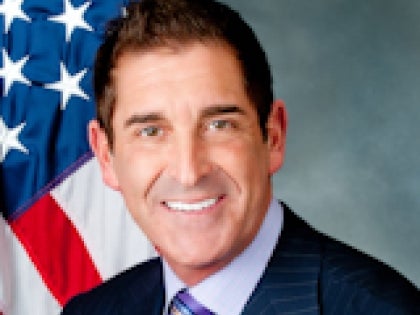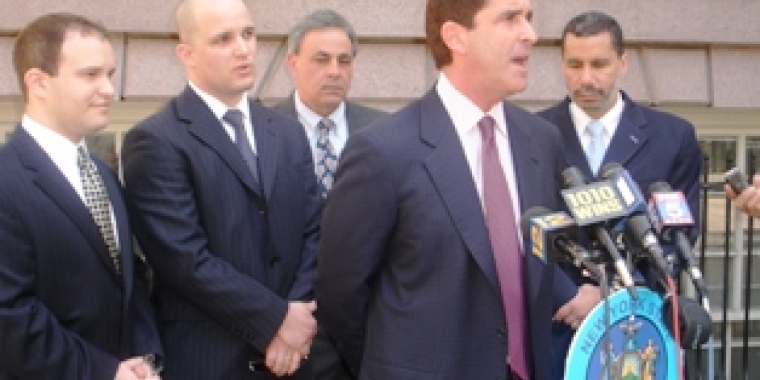
Senators Paterson And Klein: 1000 Sex Offenders To Be Released From State Custody In 2006
Jeffrey D. Klein
April 26, 2006

County woman murdered last year in the Galleria Mall parking garage by a Level 3 sex offender to urge the Senate and Assembly come to an agreement on a law to keep the most violent sexual predators confined after they have served their prison terms.
The New York State Department of Correctional Services estimates 1,000 sex offenders are estimated to be released from prison this year—36% from New York City and 11% from the counties adjacent to New York City—adding to the more than 22,000 sex offenders currently on the state’s registry. A civil confinement law that would give the state the ability to confine to state mental facilities any sex offenders deemed to be a risk of returning to society has been passed by the Senate and the Assembly but remains stalled in a conference committee.
District of Columbia are already using civil commitment to keep dangerous sex offenders off our streets and now, more than ever, the Legislature must take the steps necessary to prevent more senseless tragedies from ravaging our communities.”
“We cannot let political differences get in the way of our shared goal, which is to keep violent predators off our streets. I am urging the Assembly Senate Conference Committee on Civil Confinement to reconvene immediately and develop legislation that will help keep New Yorkers safe from violent criminals,” said Minority Leader Paterson.
In the absence of a Legislative solution, Governor Pataki has tried to address the problem with an executive order issued in October allowing sex offenders who have served their sentences to be detained under existing mental health laws if they are too dangerous to be released. So far, 49 sex offenders have been detained under the order, but its legality is still being challenged before the Court of Appeals. Using the mental health law to detain sex offenders presents other problems that could easily be solved by the Legislature; there is currently no hearing afforded to confined sex offenders and no mechanism for confining sex offenders who are clearly dangerous but do not suffer from mental illness.
New York metro area.



